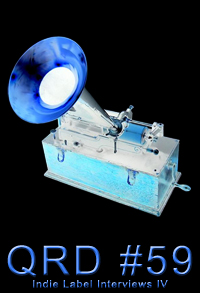
 |
| about
this issue
Indie Label Owner Interviews with: Bunkerpop Autumnal Release Bo' Weavil Recordings Little Helpers Mantricum Emanen Saint-Loup Withering Trees Blondena Waggletone Erototox Decodings Jehu and Chinaman |
 |
 |
 |
 |
 |
 |
|
|
 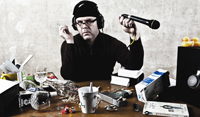 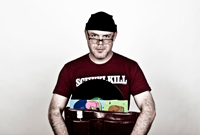 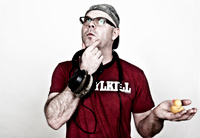 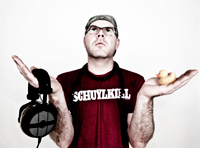 |
March 2013
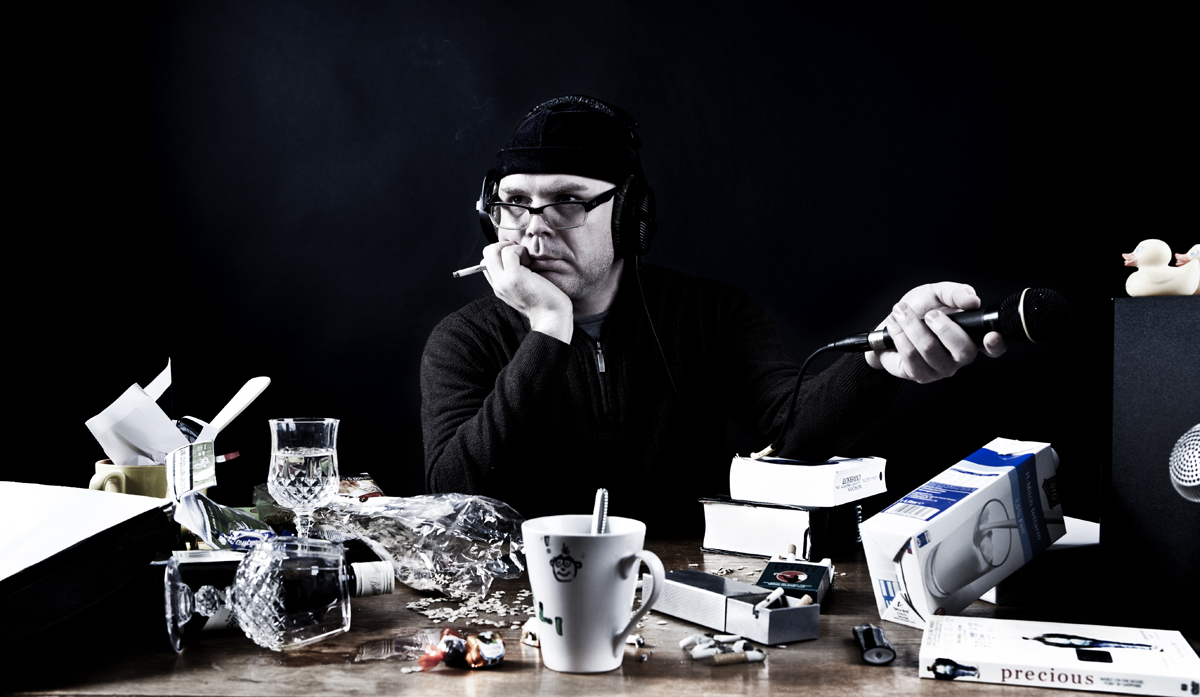
Label: Little Helpers
City: n/a
Artists Roster: Butane, Someone Else, Ryan Crosson, Beaner, Santorini, Niederflur, Tim Xavier, Andrew Grant, Agaric, Mark Henning, Buck, Standard Fair, Limo, Kai Limberger, Mr, Bizz, Dirty Culture, Duky, Lomez, Kane Roth, Andras Toth, Kaitaro, Stimmung Andern, Nhow Nhow, Re-UP, Itamar Sagi, Deep Square, Jason Short, Juan Zolbaran, Bodeler, Manuel De Lorenzi, Nigel Richards, Loquace, Sollmy, Dubfound, Petar Cvetkovic, Sabe, Sebastian Wilck, Danielle Nicole, Third Child, Bauch, Doubtingthomas, Olololop, Multiple Mono, Ronan Portela, Francesco Passantino, Marc Faenger, Pablo Denegri, Konsumgut, Mad_Us, Dan Noel, Fabio Papa, Camilo Do Santos, D8M, Sonartek, Andrea Landi, Teo, East End Dubs, Julie Marghilano. Alberto Cicuendez, Alejandro Fernandez, Massimo Girardi, Sunju Hargun, Jako, Ulm West Deep, Hermanez, Jorge Savoretti, Reflux.
Websites: soundcloud.com/little-helpers, facebook.com/littlehelpers4djs,
myspace.com/littlehelpers4djs
QRD – When & why did you start your label?
Sean – Andrew Rasse (a.k.a. Butane) & I (a.k.a. Someone Else) started the label in December of 2009. Butane & I were both vinyl DJs for many years. We were big fans of B-sides, locked-grooves & labels like Studio 1. As we both migrated into the digital DJ platform, we both became frustrated with the over-saturation of hit tracks & bombs splattered all over digital stores like Beatport - making it increasingly difficult to find those B-side gems, those loopy tool-style tracks, & those intros that don’t get cheesy after the first minute or two. These days in the digital market, it’s not easy to find such tracks which once made being a vinyl DJ so fulfilling. There is so much shit for sale on Beatport now, it’s almost impossible to find what you want to buy. Your best solution is to simply follow particular artists & labels that you already like. But you can’t find the gems from unknown names & artists unless you listen to thousands & thousands of tracks per week. It’s clearly not the same as it was back in the day when digging through vinyl. “Digging” on Beatport is fruitless & futile. Obviously, the digital takeover of DJing sucked a lot of the deepness & creativity out of DJing. So launching Little Helpers was our answer to all of this. It’s not about finding artists with big names or hit tracks. It’s about offering the creative DJs something they can truly work with.
QRD – Where did you get the money to finance your first few releases?
Sean – It didn’t require much money being that Little Helpers is a digital-only label. We had some money left over to spend from my other label, Foundsound. & honestly, the only money we needed to get started was to pay for mastering & to pay for the artist to make our cover art & a little bit more for Soundcloud & stuff like that.
QRD – How many releases have you put out?
Sean – We already have over 80. & more to come. We are basically releasing every week at this point.
QRD – How many hours a week do you work on the label & how many would you like to?
Sean – At this point, we probably put about two or three hours per week into the label. Maybe more. Seems like a good amount.
QRD – What are the fun &/or rewarding parts about running a label?
Sean – Being a part of something that most DJs are embracing during these times.
QRD – What do you feel is the biggest waste of your time running the label?
Sean – Listening to shitty demos.
QRD – Do you enjoy music as much now as you used to & how has running a label effected how you listen to/hear music?
Sean – Good question. It’s easy to get numb to music under such circumstances. But I think we’ve managed to dodge that a bit. We love good tracks. & we’re anal about it. So hopefully, we can hold onto that indefinitely.
QRD – What’s your demos policy?
Sean – We don’t really have one. Just as long as artists understand the general concept of our label. Tracks on our label are somewhat in between DJ tools & actual tracks. These tracks can be used as tools for layering or whatever else creative DJs want to do with them. Or on the other hand, the tracks can stand alone as its own track due to the perfect groove of the track. It’s quite similar to B-side cuts on vinyl. As most vinyl DJs already know, the B-side cuts often tend to be those magical gems that you drop after playing a bag of records for eight hours at an after party. It’s all about loopy grooves that can last a lifetime. We are not trying to release bombs. A-side “bomb” tracks tend to be played for only a few weeks at best. But the loopy grooves without blatant hooks tend to be the most timeless &, therefore, quite useful for creative DJs. Hence, these tracks truly are little helpers. & the label is more of a conceptual label rather than a genre-based label. Thus far, genres have ranged from tech-house to minimal to ambient to deep house to breaks to whatever. But we’re open to anything that works.
QRD – How do you split profits from a release between artists & your label?
Sean – It’s all simply done as net profit being split 50/50.
QRD – Do you have written contracts with your bands or handshake deals?
Sean – No contracts. We are trusted fellows. We always pay when there is money to pay. Sure, we can say it’s a “handshake” deal.
QRD – Do you take a cut of an artist’s publishing?
Sean – Absolutely not.
QRD – Do you sell merchandise other than the music (t-shirts, etc.)?
Sean – No.
QRD – Do you sell music that is not on your label?
Sean – Nope.
QRD – How has running a label effected your own artistic career?
Sean – Well, honestly, it sucks time out of our personal studio time.
QRD – Ideally, would you release your own material?
Sean – I always have. & I always will.
QRD – What do you do to try to build a sense of community within your roster?
Sean – Lots of high-fives.
QRD – Do you think the return of vinyl & cassettes is a fad?
Sean – Since I worked at a record shop (611 Records in Philadelphia) for so many years & acquired thousands upon thousands of my own vinyls, it’s safe to say that I have always been a vinyl junkie. However, a few years ago, I switched to Traktor Scratch for my DJ sets, which I use with turntables while sometimes still using real vinyl as well. I like Traktor because I can play new tracks that I recently made or that my friends made, as well as digital promos &, of course, tracks on Little Helpers. That said, a lot of music that I want to play is not available on vinyl.
QRD – Is it important to have physical releases over digital ones or does it not matter?
Sean – Clearly, that is not relevant to us anymore. We are evolving to a digital world, whether we like it or not. It’s inevitable.
Follow-Up Interview
